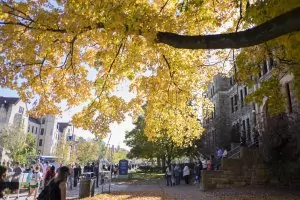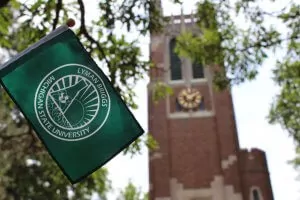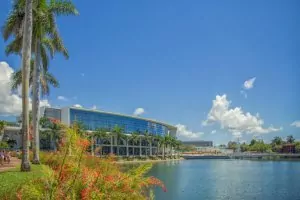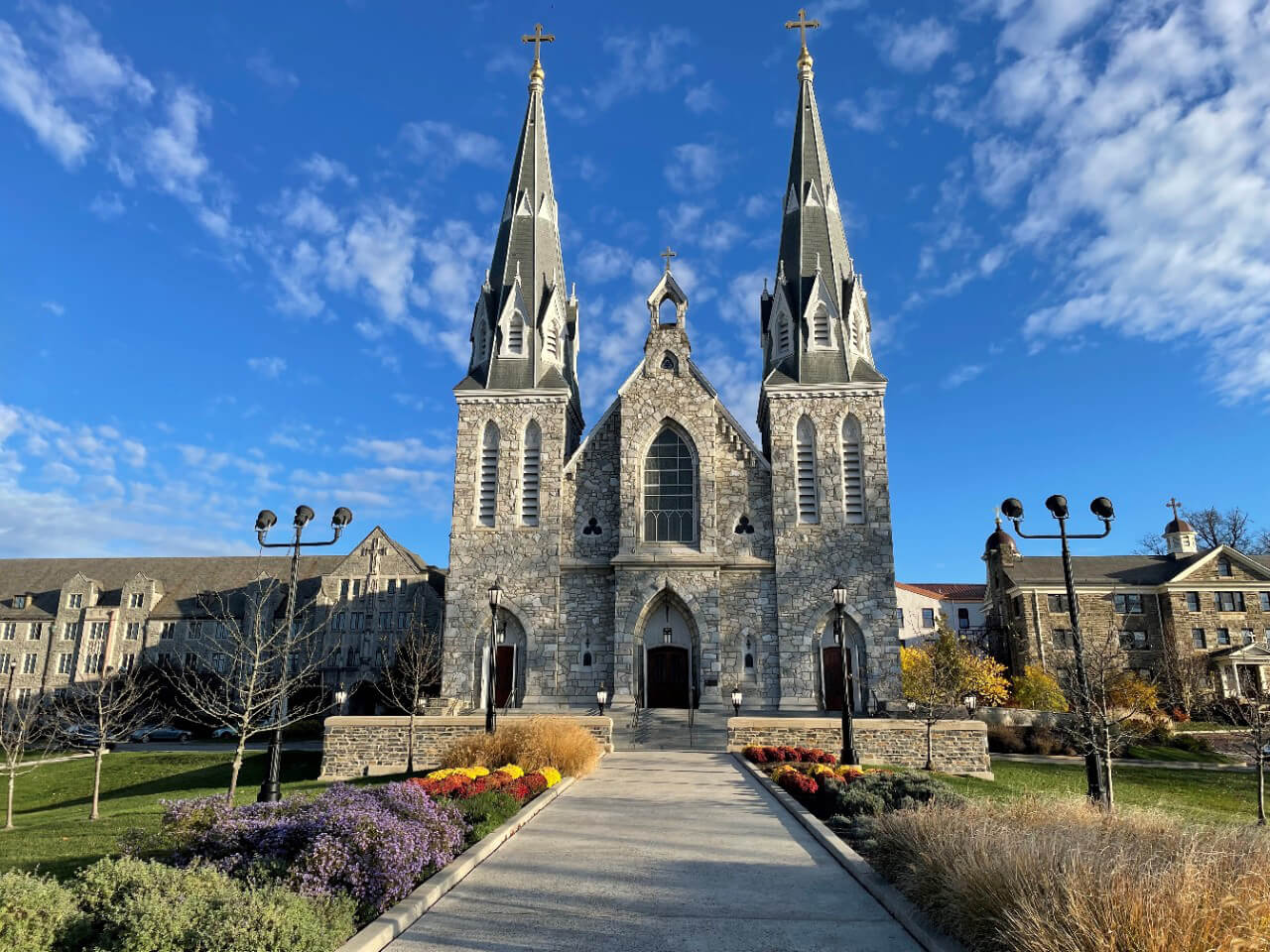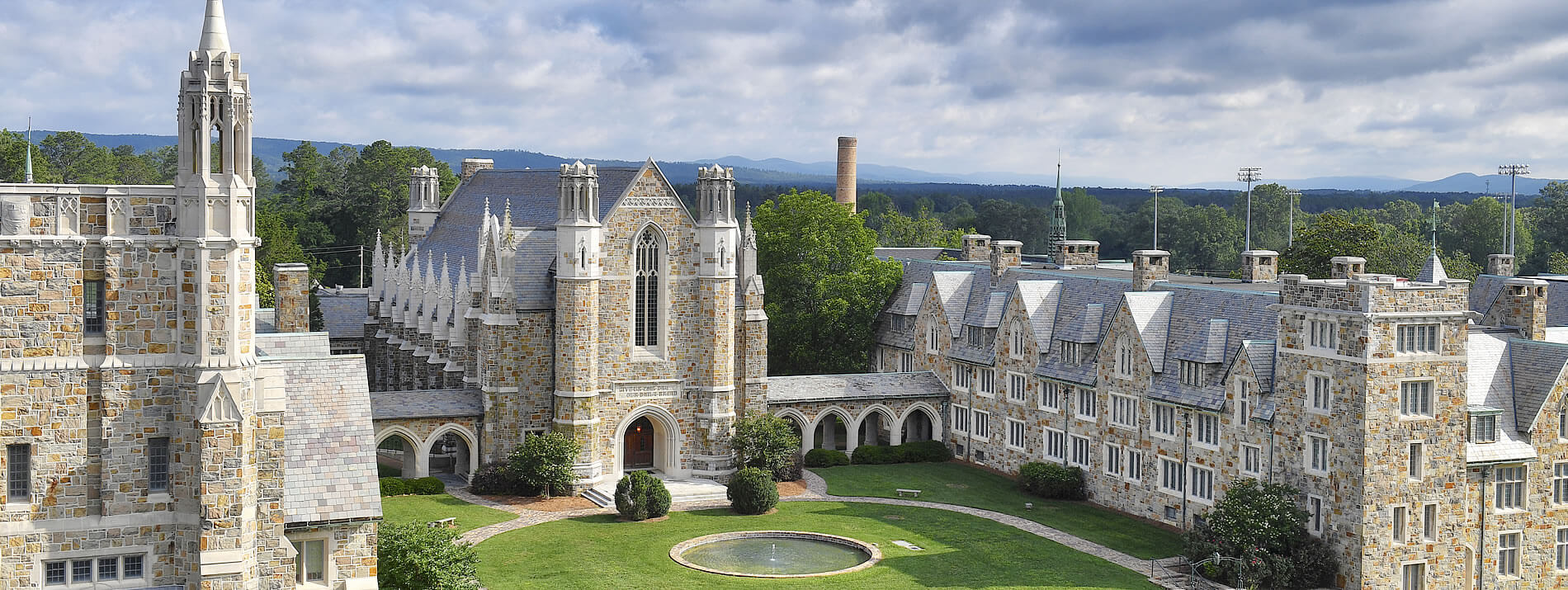Note: this article mentions Student Opportunity Center, or SOC, which became a PeopleGrove company in 2023.
Virginia Commonwealth University (VCU) and its academic health sciences center serve as one national urban public research institution dedicated to the success and well-being of students, patients, faculty, staff and community through:
- Real-world learning that furthers civic engagement, inquiry, discovery and innovation
- Research that expands the boundaries of new knowledge and creative expression and promotes translational applications to improve the quality of human life
- Interdisciplinary collaborations and community partnerships that advance innovation, enhance cultural and economic vitality, and solve society’s most complex challenges
- Health sciences that preserve and restore health for all people, seek the cause and cure of diseases through groundbreaking research and educate those who serve humanity
- Deeply ingrained core values of diversity, inclusion and equity that provide a safe, trusting and supportive environment to explore, create, learn and serve
VCU’s REAL initiative ensures that all VCU students engage in transformative, career-building activities that connect classroom knowledge to real-world experience, that create novel approaches to complex problems, and that contribute actions that benefit our educational, professional, and civil communities.
What is Experiential Learning?
Experiential Learning (EL) is a way for students to “learn by doing.” Whether on or off campus, students experience EL through internships, capstone projects, studying abroad, volunteering, undergraduate research, student teaching, and more. Modern institutions believe that getting exposure to different types of learning environments will foster a more well-rounded, informed, and fulfilled student.
